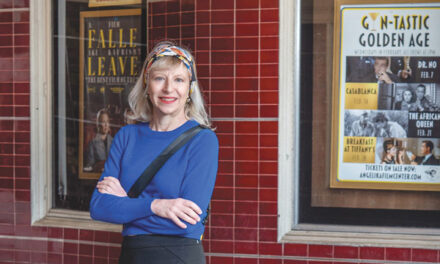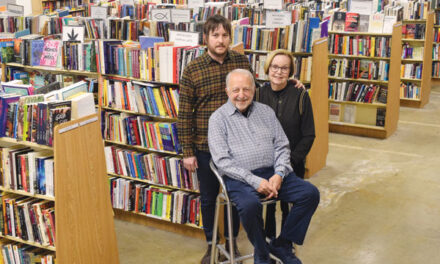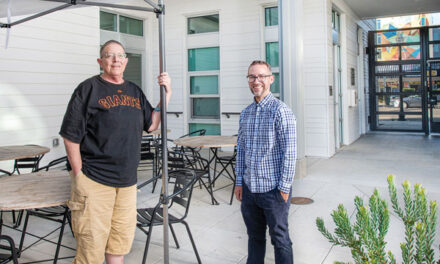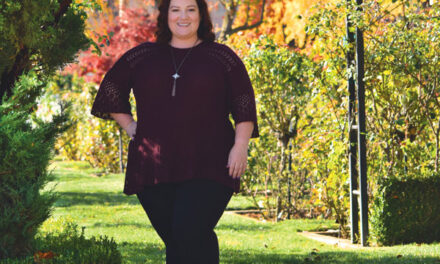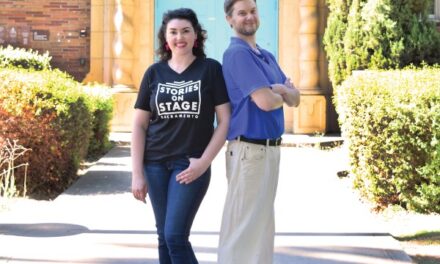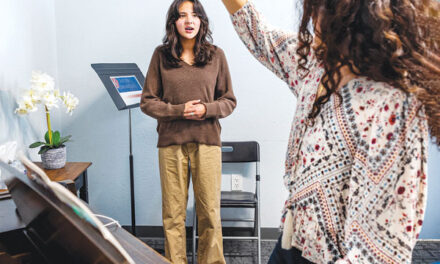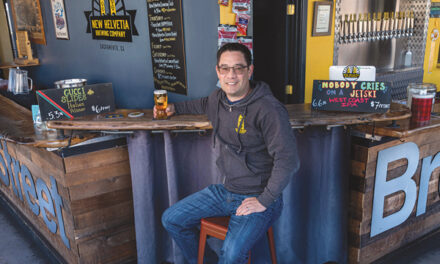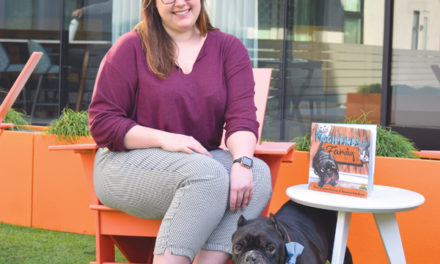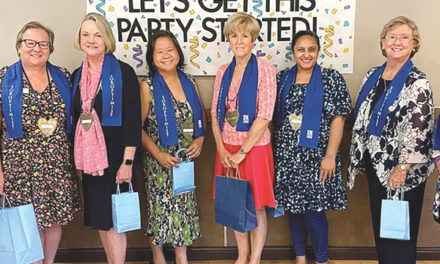Helping the Forgotten
She wants to build a hospice for dying homeless people
By Faith Lewis
January 2018
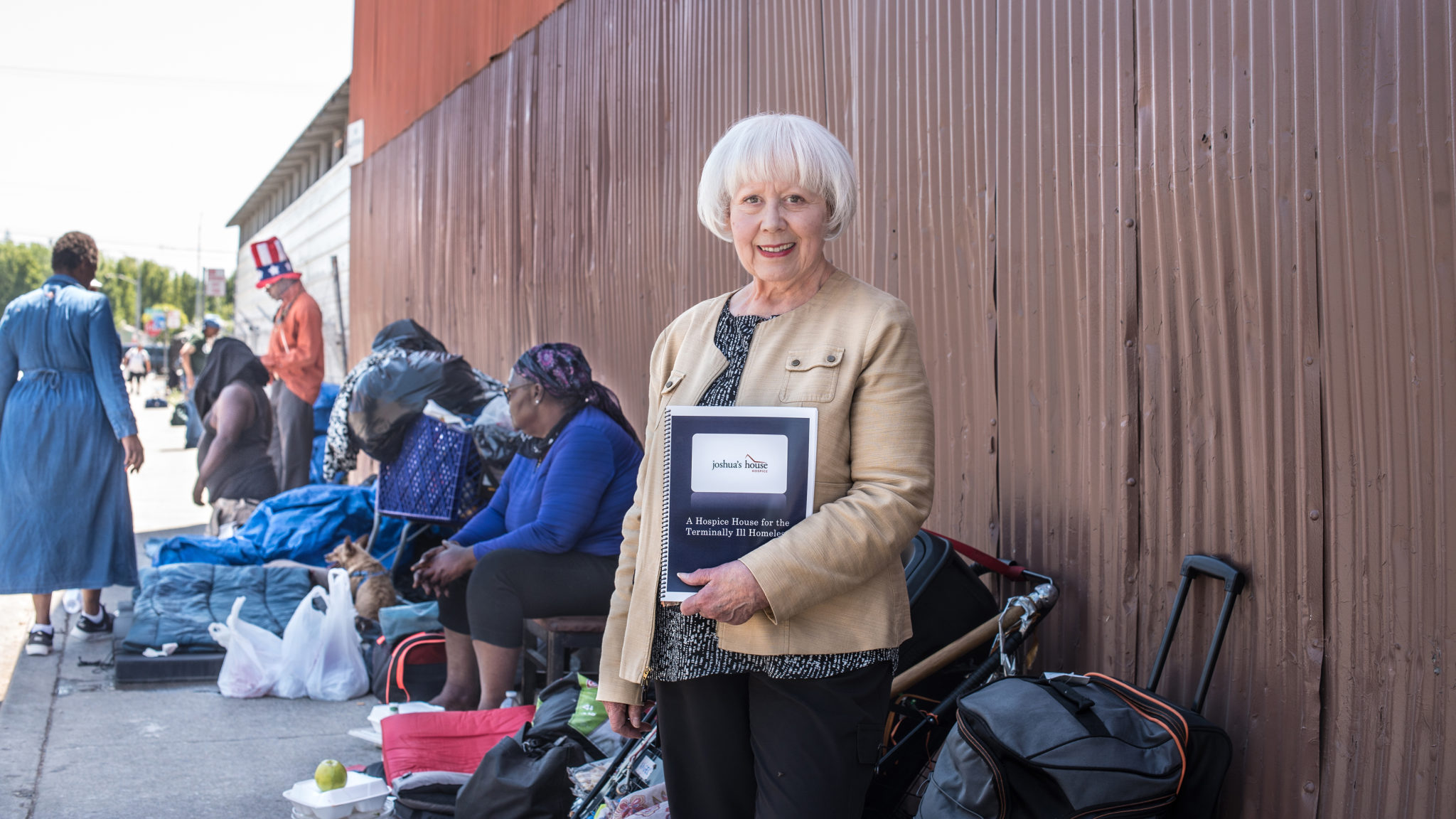
Marlene von Friederichs-Fitzwater was no stranger to the repercussions of a cancer diagnosis—nor to the feeling of isolation that comes along with it. But when she met Anna, a homeless woman who had been diagnosed with stage 4 lung cancer, she realized that the sense of isolation dug even more deeply into terminally ill people who had no home or family.
So von Friederichs-Fitzwater created Joshua’s House, a hospice house for terminally ill people who are homeless. She named it after her grandson Joshua, who died while homeless in 2014.
When she first entered the professional workforce, von Friederichs-Fitzwater worked as a reporter for The Los Angeles Times and then as a publicist for Walt Disney Studios before starting her own publishing company.
She was then approached by Westminster College to develop a course on writing articles for magazines.
But with only a bachelor’s degree, she knew that teaching would mean going back to school. She applied to the University of Nebraska Omaha, thinking that she would continue studying journalism and mass media.
“In my first semester, I had what I thought was a routine doctor’s appointment and discovered I had advanced cervical cancer,” she says.
It was the late 1970s, and she was a single mother of four sons.
“The nurses and doctors started pulling away,” she recalls. “It became a very isolating experience. I thought, why is that? These people are trained. They know people die. They should be comfortable if that is the prognosis. As a reporter, it fascinated me. I made a deal that if I survived, not only would I do something to give back to other cancer patients, but I would find out what the problem was.”
When her health improved, she followed through with that promise. She studied health communications, focusing her graduate work on how doctors communicate with dying patients. She went on to earn a doctorate.
“I wanted to teach medical students how to do better at communicating with patients,” says von Friederichs-Fitzwater, “particularly when they were seriously or terminally ill.”
In 1985, she went to teach at Sacramento State University, where she helped develop a new minor in health communications. During her 20 years as a professor at Sac State, she also served as a volunteer clinical faculty member at UC Davis School of Medicine.
After she retired from Sac State in 2005, she went to work at UC Davis to develop an outreach research education program for the Comprehensive Cancer Center.
“Here was a chance to fulfill my other promise to give back to cancer patients,” she says. “I was really trying to help cancer patients get through that journey and have support so they didn’t feel isolated like I had.”
She spent the next 10 years developing patient education and cancer support programs, including a cancer peer navigator program that trains survivors to be cancer coaches for newly diagnosed patients. This is when she met Anna and became aware of the needs of homeless individuals facing terminal illnesses.
“If you were homeless and diagnosed with cancer, you might be able to get treatment, but they had no option but to discharge you back on the street,” says von Friederichs-Fitzwater. “That just stunned me.”
This realization came at the same time her grandson lost his life on the streets at the age of 34. She knew she needed to focus on finding a solution.
“That’s Joshua’s House,” she explains.
Von Friederichs-Fitzwater and her advisory board drew up a floor plan and held a kickoff fundraiser last year. She hopes to raise $1 million and to open Joshua’s House with 10 beds on the Loaves & Fishes campus.
In addition to housing and hospice care, Marlene also wants Joshua’s House to provide art and music therapy programs.
“One of the issues the homeless have is that being homeless makes them feel invisible. Their greatest fear is dying on the street and just being forgotten,” von Friederichs-Fitzwater says. “Providing a place where they can die with love and dignity and respect is important. But also through art therapy and writing, they may be able to leave something for others to learn about them and their lives.”
For more information about Joshua’s House, go to thehcri.org.




